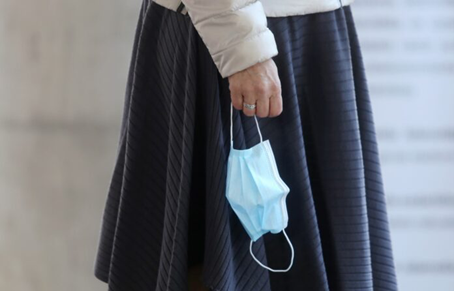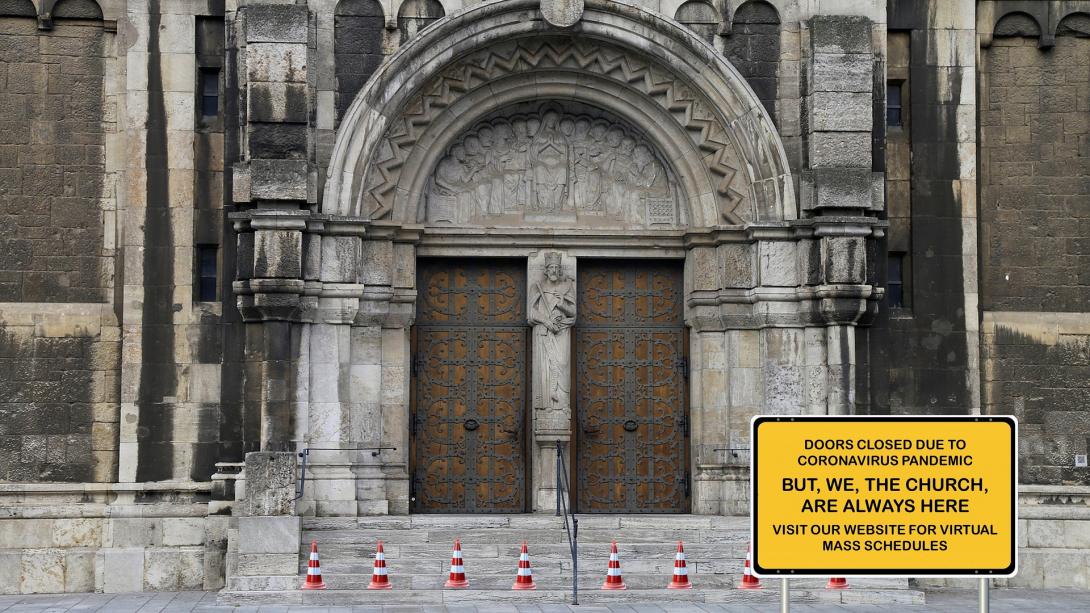
By Wilmer Hak
This sorrowful message however changed to another level when the media began blaming the parents for their son’s death. Even though diphtheria wasn’t the main cause of death and subsequent tests failed to detect the pathogen, the parents were blamed for refusing to vaccinate their children against it.
This case was accelerated when the Ministry of Health began convening a council tasked with creating a new framework around vaccination and parental rights. According to the proposed framework, when parents refuse to vaccinate their child, the doctor can submit a report to the court, which can then intervene to make the vaccination mandatory. This framework has far-reaching consequences.
New Balance
Parental rights and medical care have always been a difficult topic for which no clear answer is possible. The balance between the freedom of choice of a parent and life-saving medical practices can sometimes be hard to make. Rejecting lifesaving operations or blood transfusions, for example, on the basis of ethical and personal convictions, can be considered an individual right, but how far may this influence the family?
When observing the legal frameworks of different countries, we see various developments in this area. In the United States, court rulings reinforced the rights of the family while still upholding vaccine requirements for children attending schools in some states. Although these requirements can be exempted in some states based on religious or philosophical reasons.
Whereas case law emphasizes parental rights, the state legislature actually increases children's rights in deciding on medical care and vaccinations, as illustrated in the picture below.

On the other side of the ocean however, parental rights are mostly viewed from the government’s role. For example, the European Court of Human Rights ruled that national vaccination requirements can be necessary to protect healthcare. This is particularly relevant as more and more European countries introduce stricter vaccination laws to strengthen trust in healthcare.
Shortly said, parental rights are weighed up against children's rights on the one hand and against the role of government on the other. In both cases, however, it is clear that parental rights and the freedom to refuse vaccines or other interventions on religious or medical grounds lose out.
Government Policy
Christian Council International recognizes the importance of some government control over medical health issues when it comes to medically recognized, life-saving interventions. However, we are concerned about the trend where parental rights and decisions based on reasonable ethical and religious concerns are ignored by (inter)national policies.
This is particularly concerning since the call for vaccination mandates in international frameworks has become more visible. In the European Union for instance, the European Vaccination Beyond COVID (EUVABECO) is working with countries to improve vaccination strategies, and an optional digital European Vaccination Card (EVC) pilot has been launched in Germany.

In addition, travel restrictions and mandatory vaccinations for entering buildings are also promoted by the World Health Organization. The Pandemic Treaty and the amendments to the International Health Regulations, which set these guidelines, thus shine a light on future national policies.
Alternatives
Christian Council International is convinced that vaccination requirements and digital vaccination cards should not become the new norm. We also recognize that in some cases, where vital, medically proven actions are rejected, parental rights may need to be legitimately restricted. In general, however, it remains the parents who are given the legitimate right to decide whether they and their children will use these treatments.
CCI therefore actively advocates within international organizations for the protection of parental rights. By providing legal support to governments, such policies can be mitigated or prevented. The emphasis here is that no family should face (inter)national policies that restrict their freedom of choice to refuse preventive healthcare.
Conclusion
The need to protect parents' freedom of choice around preventive healthcare becomes more visible when we return to Latvia. Shortly after the death of their son, the mother and father were remanded in custody and criminal proceedings were initiated against them. Guardianship of the other children was temporarily revoked but fortunately later returned. However, the future of the family remains unclear.
This sad case and the change in international policy reflect that unlawful pressure on families is increasing. Legal support and advocacy to protect family rights is therefore more crucial than ever. CCI therefore remains committed to this mission, driven by the hope that families can continue to thrive and fulfil their vital role in society.
Wilmer Hak is CCI Policy Officer Geneva